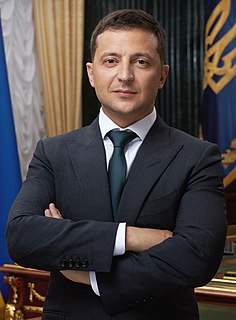A Quote by Albert Einstein
The creative principle [of science] resides in mathematics.
Quote Topics
Related Quotes
Mathematics has two faces: it is the rigorous science of Euclid, but it is also something else. Mathematics presented in the Euclidean way appears as a systematic, deductive science; but mathematics in the making appears as an experimental, inductive science. Both aspects are as old as the science of mathematics itself.
If you ask ... the man in the street ... the human significance of mathematics, the answer of the world will be, that mathematics has given mankind a metrical and computatory art essential to the effective conduct of daily life, that mathematics admits of countless applications in engineering and the natural sciences, and finally that mathematics is a most excellent instrumentality for giving mental discipline... [A mathematician will add] that mathematics is the exact science, the science of exact thought or of rigorous thinking.
Freedom is only to be found where there is burden to be shouldered. In creative achievements this burden always represents an imperative and a need that weighs heavily upon man’s mood, so that he comes to be in a mood of melancholy. All creative action resides in a mood of melancholy, whether we are clearly aware of the fact or not, whether we speak at length about it or not. All creative action resides in a mood of melancholy, but this is not to say that everyone in a melancholy mood is creative.
The subject for which I am asking your attention deals with the foundations of mathematics. To understand the development of the opposing theories existing in this field one must first gain a clear understnding of the concept "science"; for it is as a part of science that mathematics originally took its place in human thought.


































